Šuica: The European Commission is monitoring ‘Cyprus Confidential’ developments
10:12 - 23 November 2023
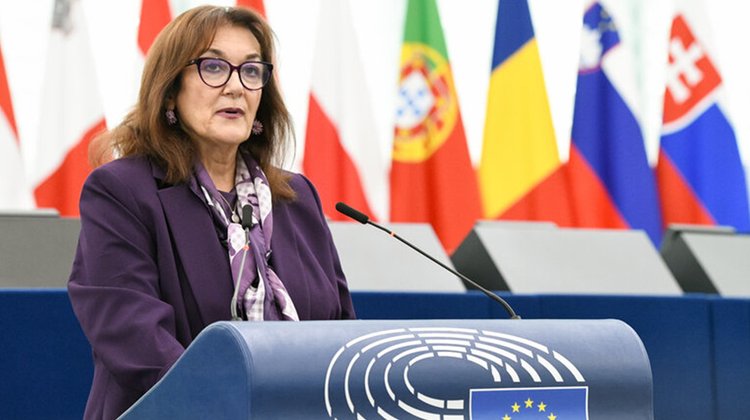
The European Commission is monitoring the developments of the investigations in Cyprus regarding the revelations of the ‘Cyprus Confidential’ probe European Commission Vice-President for Democracy and Demography Dubravka Šuica has said.
Speaking during a fiery discussion on the issue making up part of the 22 November Plenary session, she also noted that the Commission was working closely with the Cypriot authorities on the register of ultimate beneficial owners to avoid risks of circumvention of the sanctions against Russia.
During the European Parliament’s Plenary discussion on ways to cover all the "loopholes" in the financial system, following the ‘Cyprus Confidential’ revelations, the Commissioner said that it is important that the EU remains vigilant about any attempt to circumvent the sanctions, noting that the Cypriot authorities have already announced that they will investigate all such complaints. The Commission is monitoring developments, Šuica added.
During the debate, some MEPs called on the EU to impose sanctions on Cyprus while others noted that this is an opportunity for more effective anti-money laundering measures.
In her speech, Commissioner said any allegations of circumvention of sanctions were being looked into and that the Commission would be pushing forward a very ambitious programme to fight the proceeds of crime and the financing of terrorism.
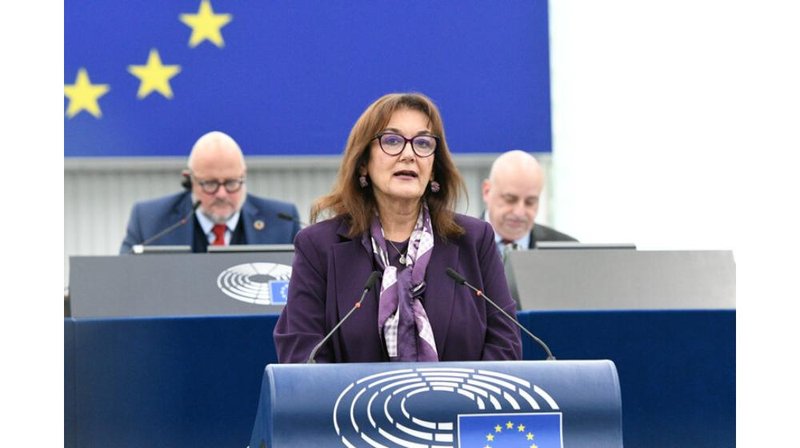
Dubravka Šuica
Šuica said the EU has some of the toughest anti-money laundering rules in the world, thanks also to the commitment of the European Parliament, adding that efforts were also underway to strengthen its arsenal to fight money laundering.
She pointed out that the European rules must be properly applied by the Member States in order to prevent crimes from being committed, to protect the EU financial system, and apply the sanctions.
Šuica noted that in July the European Commission initiated an infringement procedure against Cyprus due to incorrect implementation of the Anti-Money Laundering Directive and is also monitoring the investigations into the ‘Cyprus Confidential’ probe and looking into how the ultimate beneficial owners works, because, as she noted it was important and demonstrated who owned what.
She added that it was important to have a complete and correct register of final beneficiaries as this would help the European authorities apply sanctions more effectively.
Šuica said that the Commission supports Member States towards their properly implementing the measures and that sanctions should be applied uniformly across the EU. The violation of sanctions is a crime in most Member States but how the offenses are defined and the levels of penalties and fines vary from country to country, she added. This was mentioned in a 2022 proposal for a directive on the harmonisation and standardisation of penalties for the circumvention of sanctions.
In closing, she noted that last week Cyprus had launched the electronic system for the ultimate beneficial owners and said that the Commission was working closely with the Cypriot authorities to avoid risks of circumvention and that guidelines had been given, while the Commission supports Cyprus in the implementation of these issues.
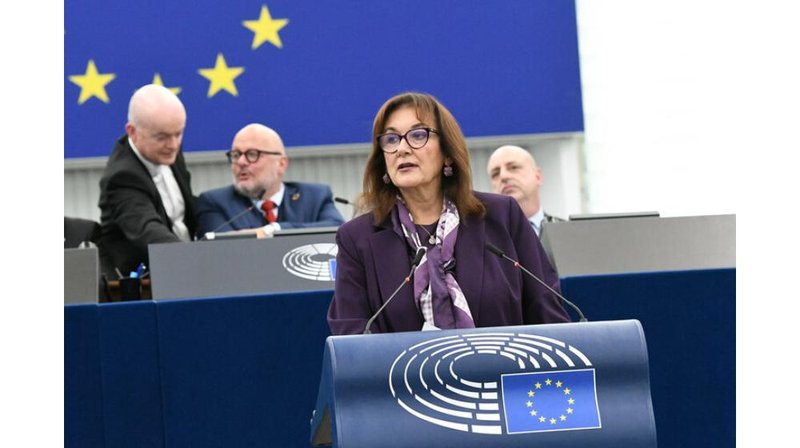
In their interventions, most MEPs also referred to the sale of passports from Cyprus to oligarchs as they described it, and called on the EU to act.
MEP Eero Heinäluoma from Finland, a member of the Progressive Alliance of Socialists and Democrats, stated among other things that the ‘Cyprus Confidential’ issue should be added to those concerning Danske Bank and Deutsche Bank, noting that it is not an issue that concerns only Cyprus but the entire financial system of the EU. He asked, among other things, for loopholes in the field of crypto-currencies to be closed, so that terrorism cannot be financed.
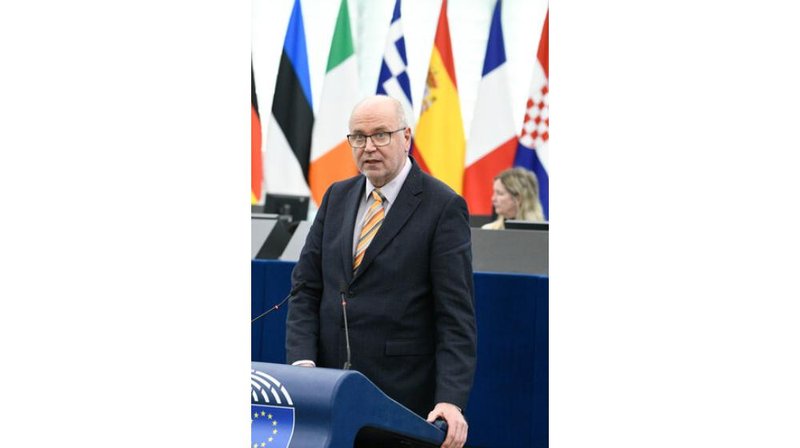
Eero Heinäluoma
Netherlands MEP Sophie in 't Veld, of the Renew Europe group, thanked the journalists for uncovering, once again, as she said, wrongdoing and questioned why this was not disclosed by the authorities. She said the EU was responsible for enforcing EU law, but they are not doing their job by relying on national authorities that are sometimes, she said, complicit in illegalities, suggesting Cyprus and Malta as examples.
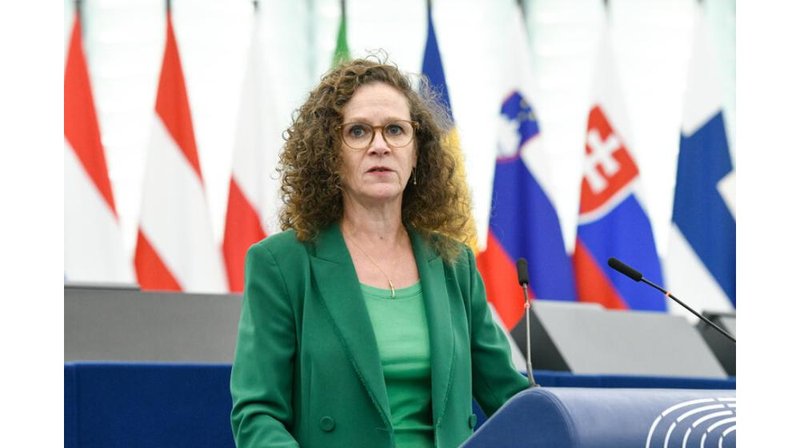
Sophie in 't Veld
Belgium's Saskia Bricmont, of the Greens, suggested Cyprus had run to Russia's aid after the sanctions and that it was complicit. She said the lack of action by the EU was inexcusable.
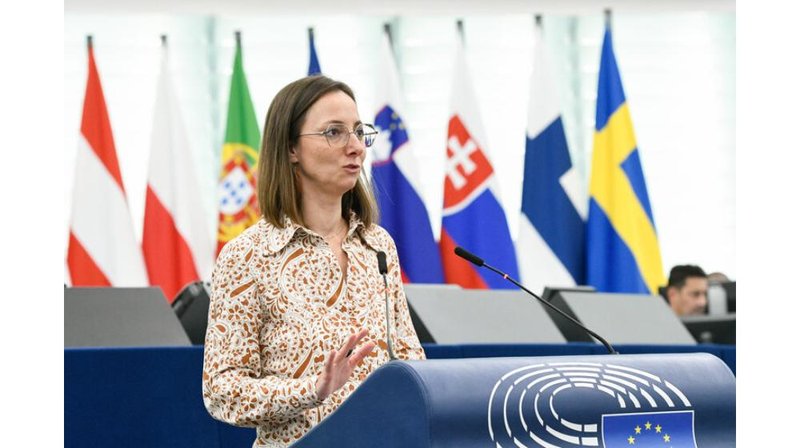
Saskia Bricmon
Denmark’s Niels Fuglsang of the Progressive Alliance of Socialists and Democrats group spoke of hypocrisy since, as he said, everyone agrees that money laundering must be fought, but nothing is being done. He also referred to the cases of Luxembourg and Ireland, along with Cyprus. It was suggested that perhaps Member States that allow money laundering should be blacklisted.
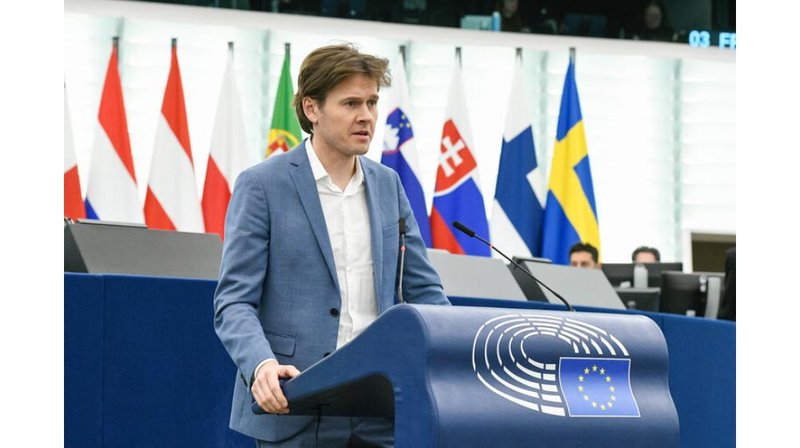
Niels Fuglsang
Four of the six Cypriot MEPs also intervened in the debate.
Loucas Fourlas of the EPP group, said that what came to light regarding the journalistic investigation about Cyprus, should be thoroughly investigated and those who stole and violated the Laws should go to prison, no matter how high-up they are.
He noted, however, that Cyprus has been accused of implementing a programme that it abolished in November 2020, while this programme is still in force in other European countries.
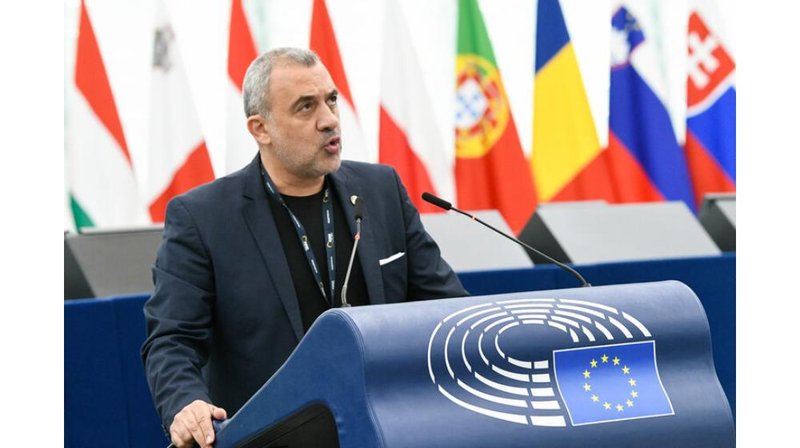
Loucas Fourlas
He also reminded his fellows that the EU had made Cyprus a guinea pig in 2013, with the haircut of bank deposits and that Cyprus, based on principles and values, had always supported the decisions of the European Union, even if they had a huge economic and political cost for the country.
Fourlas said he was defending his people and his country, not those who he described as thieves and those who took advantage of any weaknesses in the programme.
MEP Giorgos Georgiou, of the Left group, said that honest journalists reveal the depth of a system of corruption and entanglement and that it is this that, with what he described as their inaction and their addiction to opacity, the EU Institutions themselves preserved.
He noted that Presidents, Prime Ministers, and other officials of member states are sometimes involved in scandals, appearing to point the finger at Cyprus’ former president.
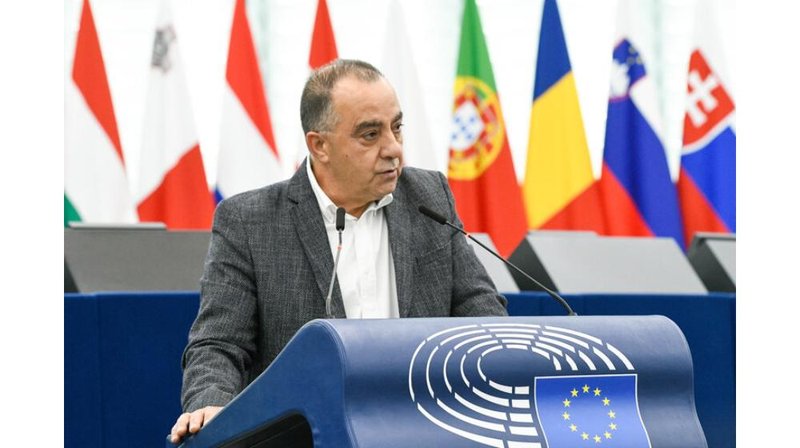
Giorgos Georgiou
Georgiou said that the people of Cyprus, however, are not thieves, describing them as honest people who are barely making ends meet. He said they were angry about what they had been hearing because they believed noting would happen either in Europe or their own country, he suggested.
He recalled the case of the Panama Papers and noted that nothing had been done then.
Georgiou said that legislation was not the problem, rather than people turning a blind eye to shady dealings. The problem is systematic he said, mutual favours are carried out.
MEP Eleni Stavrou, also from the EPP group, said that as a Cypriot citizen, she was in favour of everything being brought into the light and said that an in-depth investigation should be carried out by the competent authorities on a national and European level.
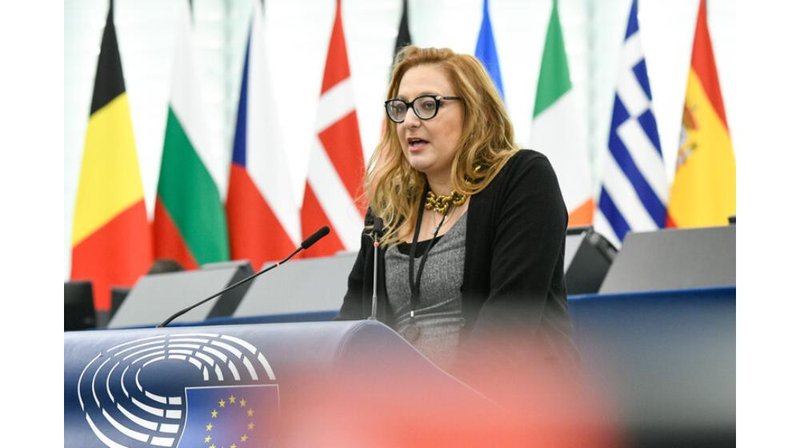
Eleni Stavrou
She said that these publications go back 30 years and pointed out the enormous progress that Cyprus has made in recent years in the issues of transparency, supervision, and laundering, as expressed by the statements of American and European officials, who praise the progress of the Republic of Cyprus.
Despite traditional relations with Russia, the Republic of Cyprus immediately supported all sanctions against it, unlike other much stronger member states Stavrou added.
Stavrou also referred to the Turkish invasion and occupation of the northern part of Cyprus, saying the EU had not shown the same sensitivity to the issue as it had other corresponding cases of violation of international law and calling for the same sanctions to be imposed against Turkey.
MEP Demetris Papadakis, of the Progressive Alliance of Socialists and Democrats group, said that at a time when the Cypriot people were paying a huge cost through the sanctions against Russia, unfortunately, a few were taking advantage of loopholes in the implementation of the sanctions, and proceeded to change the ownership of companies that would be included in the list of sanctions.
He suggested that such individuals placed personal gain above even the reputation of their country and felt they operated in a regime of lawlessness and impunity.
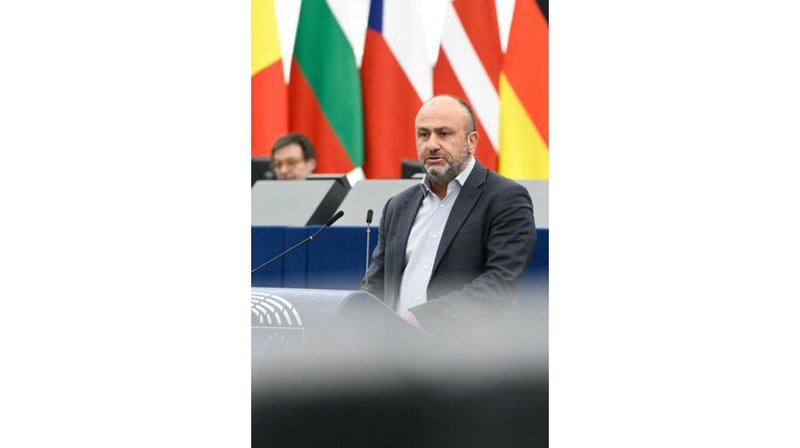
Demetris Papadakis
He said that these few had tarnished Cyprus’ good name through the recent negative reports and those involving the Panama Papers, "golden passports," and Pegasus spyware reports.
Papadakis pointed out that the new government through its President has indicated that no one is above the country's reputation and that everything will be investigated.
We expect that they will not remain only as proclamations but that those who violated the relevant decisions will be investigated and punished, he said, noting that already an even stricter institutional framework was underway.
(Source: CNA, photos from the European Parliament)
